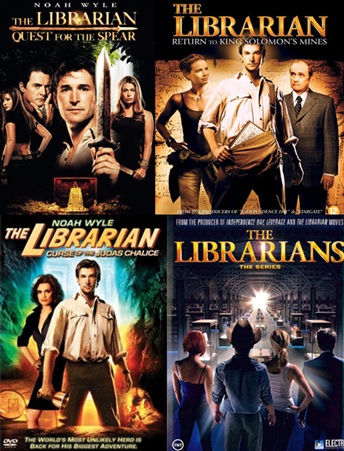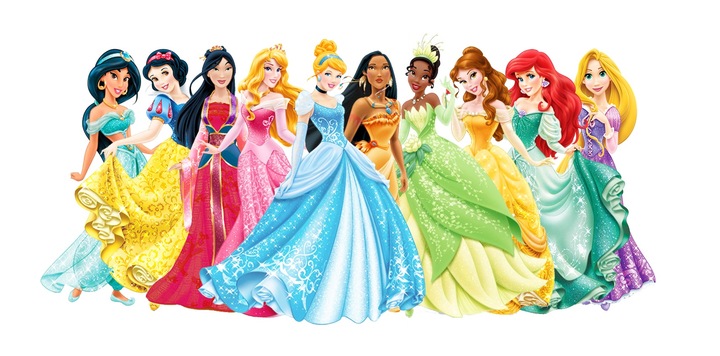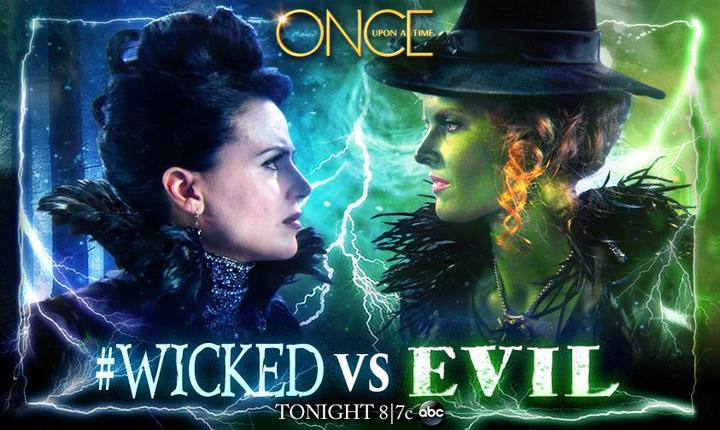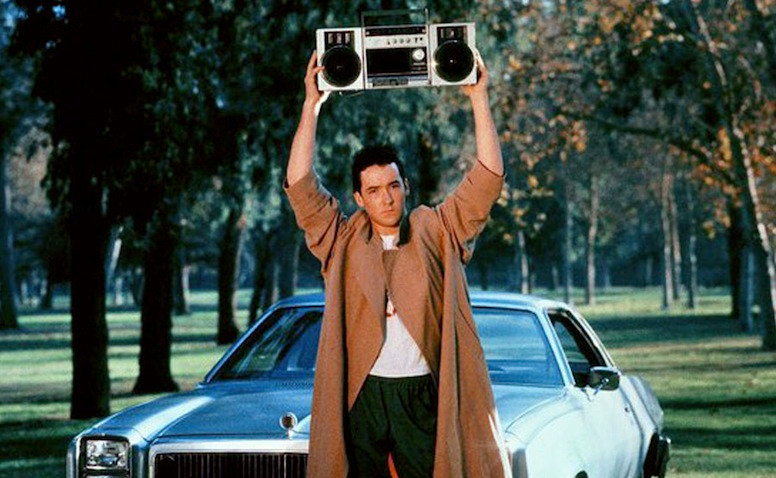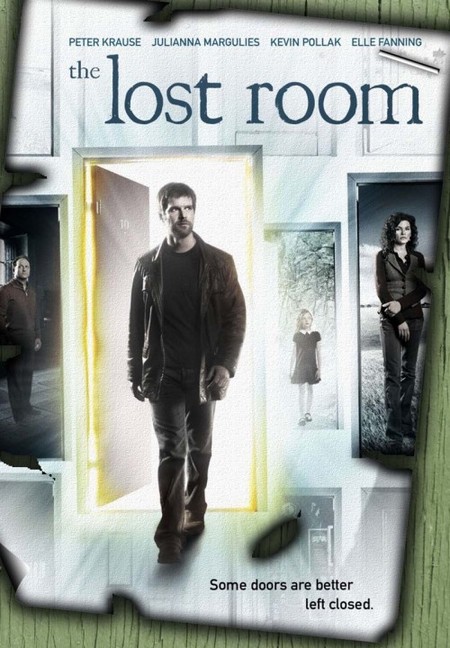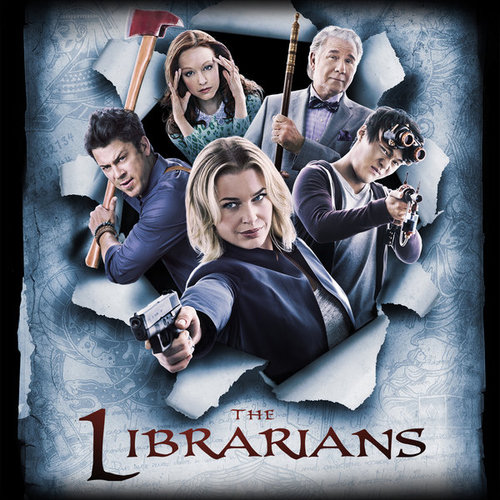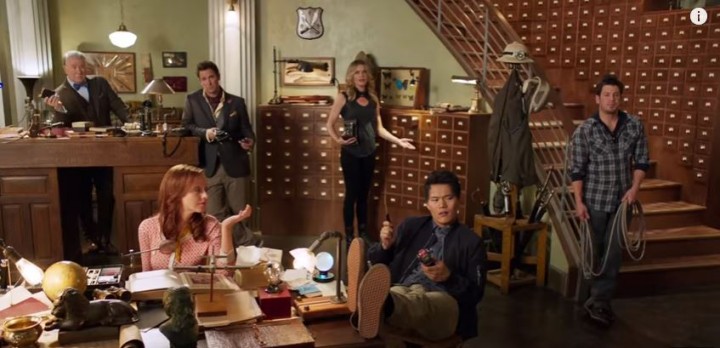Things Your Writing Teacher Never Told You: I’d Rather Be a “Librarian” Than a Disney Princess
On the advice of my students, I’ve finally delved into The Librarian/s franchise. If you haven’t encountered it yet, there’s three made-for-TV movies (The Librarian: Quest for the Spear; TL: Return to King Solomon’s Mines; and TL: Curse of the Judas Chalice), starring Noah Wylie, Bob Newhart, and Jane Curtin. They’re a wacky spoof of adventure films like Raiders of the Lost Ark and Congo. Seeing Bob Newhart wield a broadsword and fend off villains is worth the price of a theater admission.
In 2014 the franchise was turned into a TV series, The Librarians, which made the unique move of keeping the three movie leads on in bit or slightly bigger parts, while bringing in three new young assistant librarians and a guardian (bodyguard) who have the bulk of the adventures. They also introduced a new “caretaker,” (mentor and minder) who is the immortal Sir Galahad, played with disarming charm by John Larroquette. Christian Kane is one of the new librarians. He plays basically the same character he played on Leverage, which is delightful.
The series airs on TNT. The movies and previous seasons are available on Amazon Prime video, at the moment. Jonathan Frakes has directed eight episodes. Matt Frewer, Vanessa Williams, Rene Auberjonois, John de Lancie, Felicia Day, and Bruce Campbell (as Santa) are among the guest actors from the genre world.
I love pretty much everything about the show: brains are celebrated as much as brawn. The women are smart, brave, sexy, geeky, and can kick ass. The men are also allowed a full range of identities and emotions, and aren’t at all bothered that the best fighter in the group is a woman. There is diversity in age, ethnicity, and sexuality. No one is perfect. Everybody is funny. They’re often gawky. But smart. Did I mention smart? This is a show I would happily watch over and over again with kids, if I had kids. But for one thing…
The series has the message of, “We must lock away all the magic and not use it, even if we librarians can actually be trained to safely wield it,” has been bothering me.
It took me a while to figure out why.
I have a love/hate (mostly hate) relationship with the Disney fairy tale films. I get how a couple hundred years ago, when women had few options, the advice to do whatever it took to make a marriage work — even if the man was dangerous or abusive (Beauty and Beast); even if the entire courtship was just a bit of dancing (Cinderella); even if it was just having a rich dude “kiss” (date rape) you while you’re unconscious (Snow White); even if it meant giving up your family and radically altering your body to the point you’re no longer the same species (The Little Mermaid) — was probably sound marriage advice.
Back then, a woman’s “career” choices were servant girl, nanny, wife/mother, nun, or prostitute. (Fairy tales added in the options of princess, queen, fairy godmother, wicked stepmother, and wicked witch — but those don’t strike me as particularly helpful.)
But those days are long past. A fair number of women are opting for the route of a career, rather than kids. And it’s no longer de rigeur to get married (despite what your mother and aunts may tell you). So, it’s way past time to update the cultural messages in the stories we tell our children and ourselves, because the messages about gender roles that get indoctrinated into our children from the youngest ages by stories, cartoons, and TV, do matter as they grow up.
I will give Frozen some credit. I was thrilled to see the debunking of the notions of “love at first sight,” and the class-conscious message of “all royalty are kind and noble.” But I still see a fatal flaw in the film that would make me queasy about buying it for repeated showings to kids. Or to me.
Elsa is born with unique and powerful magical gifts. Rather than taking her to be educated and trained to use those powers safely, the parents tell her, “Don’t use your powers. Hide the fact you’re different. Really, it’d be best if you’d just stayed in your room for the rest of your life!”
Then, when they die, their daughter has no idea how to cope with the world or control her powers. Even if you’re rich, and you’re going to have the responsibility for ruling a kingdom, the overwhelming message is, don’t be “different.”
I do understand the Disney allure, so I have mixed feelings about all those feel-good You Tube videos showing dads and their little daughters belting out songs from the movie together. (This one to “Let It Go” is really adorable, and as a standalone event, sends the little girl a terrific message.)
I don’t watch a lot of Disney princess movies, because I’m pretty sure they weren’t meant to cause the viewer to shout at the television about all the patriarchal, misogynist messages embedded in the story. For the same reason, I can’t watch most Rom-Coms, because they offer the same out-moded gender role advice and exhibit the same patriarchal, stockerish take on what’s “romantic.” If anyone wonders why some boys and men behave badly while trying to court a woman, you need look no farther than nearly any of the John Cusack movies, though the problem is hardly exclusive to his films.
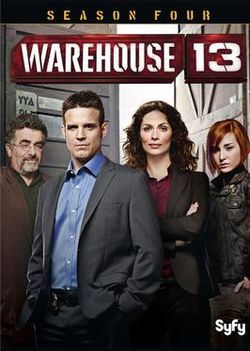 You can’t completely escape gendered/sexist portrayals or themes in any branch of mass media, but there’s plenty of SF/F out there that I can enjoy viewing with fewer qualms and quieter rants.
You can’t completely escape gendered/sexist portrayals or themes in any branch of mass media, but there’s plenty of SF/F out there that I can enjoy viewing with fewer qualms and quieter rants.
Franchises built on the unifying theme of “let’s capture the magical artifacts and hide them away to protect the world” are a staple in the SF/F/H field.
TV Tropes www.tvtropes.org calls this form the “Plot Coupon,” and explains one of the reasons it’s such a popular structure: “Convenient for TV series, it provides an easy Story Arc for the whole series (or season) just by virtue of there being more than one MacGuffin to find. Meantime, each episode can have its own obstacles, villains, and setting, and be written by a different author, just as long as the plot coupons keep getting found.”
My earliest memory of this form was Friday the 13th: The Series (CBS 1987-1990), which had nothing to do with the plot or characters of the movies, though there was some crossover in the cast and crew. An antique store serves as the front. It once belonged to Uncle Lewis, who made a deal with the Devil to sell cursed antiques. He broke the pact, and his soul was forfeit. Now the shop belongs to his niece and her cousin. And, of course, there’s an older mentor, former friend to Uncle Lewis, who helps out as they try to recover the cursed antiques and stash them safely away in the store’s vault.
Warehouse 13 did this beautifully. It ran for five seasons, spread out between 2009-2014. The first six episodes were all in the top 10 highest-rated series episodes on Syfy channel. It took the idea to bigger heights, combining the Secret Service, a Raiders of the Lost Ark-sized government warehouse, some nifty gizmos, and a fair bit of flirting.
The ensemble cast had more women than men (usually that ratio is the other way around). A black woman was the ultimate boss, and a troubled teen girl was their tech expert. There were brains, beauty, and brawn, often in the same woman; there was diversity in age, ethnicity, and sexuality; and it had some fun time travel, historical characters, and cool magic/tech.
One of my favorite character actors, Saul Rubinek, was brilliant as the crusty, snarky, cantankerous, old fart who was nominally in charge as the middle-management guy on duty. And it had tons of cameos from the SF/F world including Anthony Head, Kate Mulgrew, Anthony Michael Hall, James Marsters, Brent Spiner, and others.
Though I’ve not seen it, I understand the Syfy miniseries The Lost Room has a similar “collect the magical items” format.
This plot coupon structure is a form that’s not limited to television. TV Tropes points out it’s also popular in video games: “…some of the earliest non-Excuse Plot videogames (e.g. The Legend of Zelda) were built on it, and it continues to be ubiquitous today.”
Many of the above shows continue as comic books, successfully using this structure. More recently, we’re seeing it in a serialized fiction project called Book Burners (Saga Press). Check out a recent BG blog about it by John O’Neill.
As I thought about it, I realized the “lock away the magic” theme didn’t bother me one bit with these other shows. Though I did sympathize with agent Pete Lattimer’s desire to play with some of the artifacts on Warehouse 13. (Ping pong with your shadow self, anyone?”) It was clear in all those cases that these artifacts were dangerous, and really needed to be put some place safe, lest unsuspecting or knowledgeable people do bad things to each other or themselves with them.
So why was The Librarians bothering me? When I parsed it, I realized there’s a more whimsical feel to The Librarians. We see them go have adventures, and certainly they’re in an over-arcing battle with villains bent on retrieving the artifacts and using them for nefarious purposes — just like the other shows. But the danger doesn’t feel real. The Library doesn’t feel foreboding like the Warehouse did. I want to go play in the Library. I want to get a running start in my stocking feet, slide down the marble aisles, then dash about and find all the cool artifacts displayed right out in the open in the bookcases. It’s fun, not scary. The show feels live a cartoon come to life.
That was likely why it was twigging my feelings about the Disney films.
But no matter how light the tone, The Librarians does not have the same underlying metaphor of telling children not to be different, not to develop their gifts. In fact, it sends the message to celebrate your gifts, whatever they may be.
I finally realized the metaphor at work here is actually, “Lock up the Nukes. Secure the nuclear bombs, so power-hungry madmen can’t get their hands on them.” And then, I was totally OK with the theme.
With all the saber-rattling that’s been going on all over the world the last several years, that’s a metaphor that’s likely to be relevant for a long time.
The Librarians was just renewed for a fourth season, so, that takes care of the dangerous magical artifacts. If only the actual nukes were so easily dispatched.
Tina L. Jens has been teaching varying combinations of Exploring Fantasy Genre Writing, Fantasy Writing Workshop, and Advanced Fantasy Writing Workshop at Columbia College-Chicago since 2007. The first of her 75 or so published fantasy and horror short stories was released in 1994. She has had dozens of newspaper articles published, a few poems, a comic, and had a short comedic play produced in Alabama and another chosen for a table reading by Dandelion Theatre in Chicago. Her novel, The Blues Ain’t Nothin’: Tales of the Lonesome Blues Pub, won Best Novel from the National Federation of Press Women, and was a final nominee for Best First Novel for the Bram Stoker and International Horror Guild awards.
She was the senior producer of a weekly fiction reading series, Twilight Tales, for 15 years, and was the editor/publisher of the Twilight Tales small press, overseeing 26 anthologies and collections. She co-chaired a World Fantasy Convention, a World Horror Convention, and served for two years as the Chairman of the Board for the Horror Writers Assoc. Along with teaching, writing, and blogging, she also supervises a revolving crew of interns who help her run the monthly, multi-genre, reading series Gumbo Fiction Salon in Chicago. You can find more of her musings on writing, social justice, politics, and feminism on Facebook @ Tina Jens. Be sure to drop her a PM and tell her you saw her Black Gate blog.
